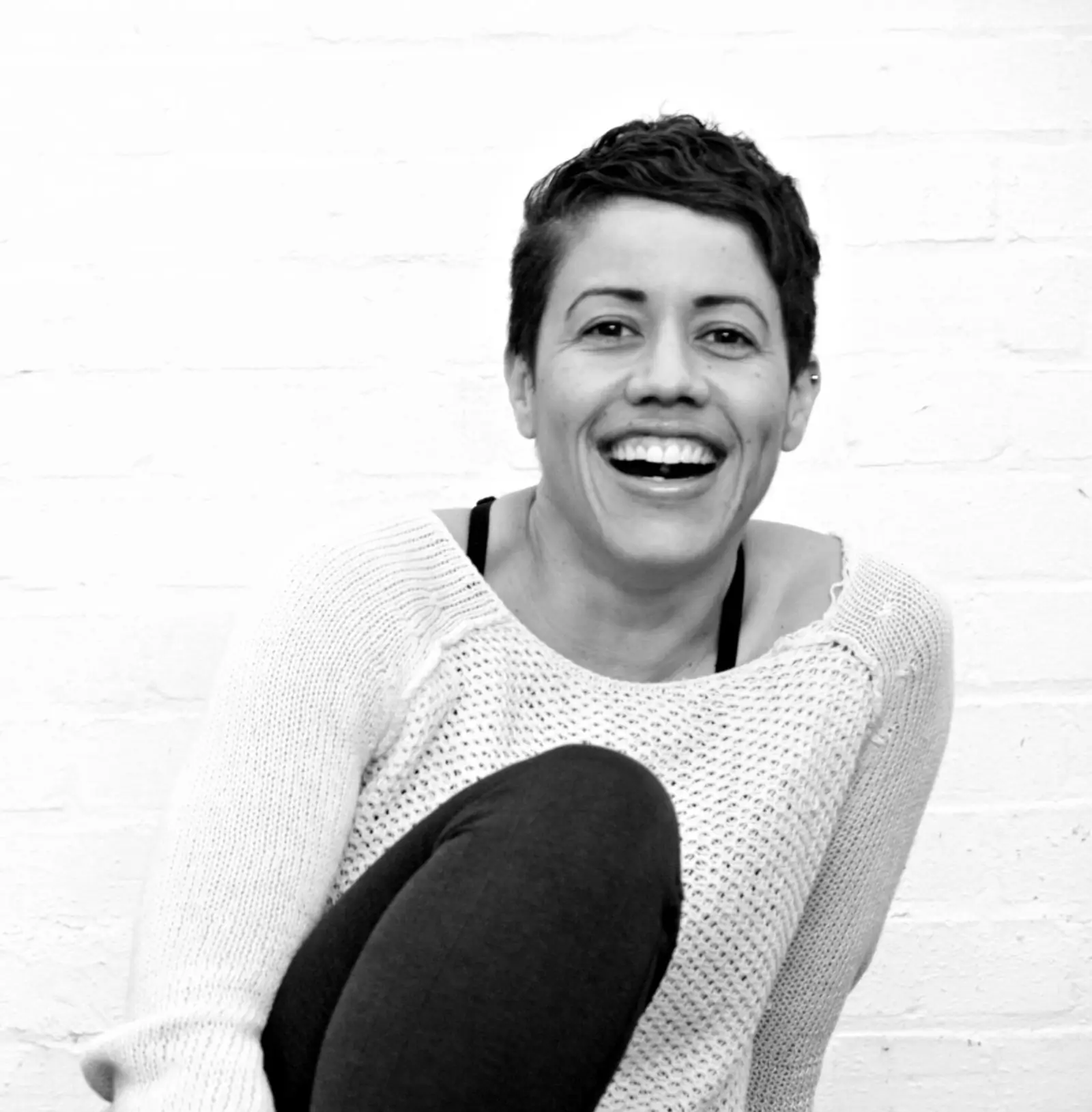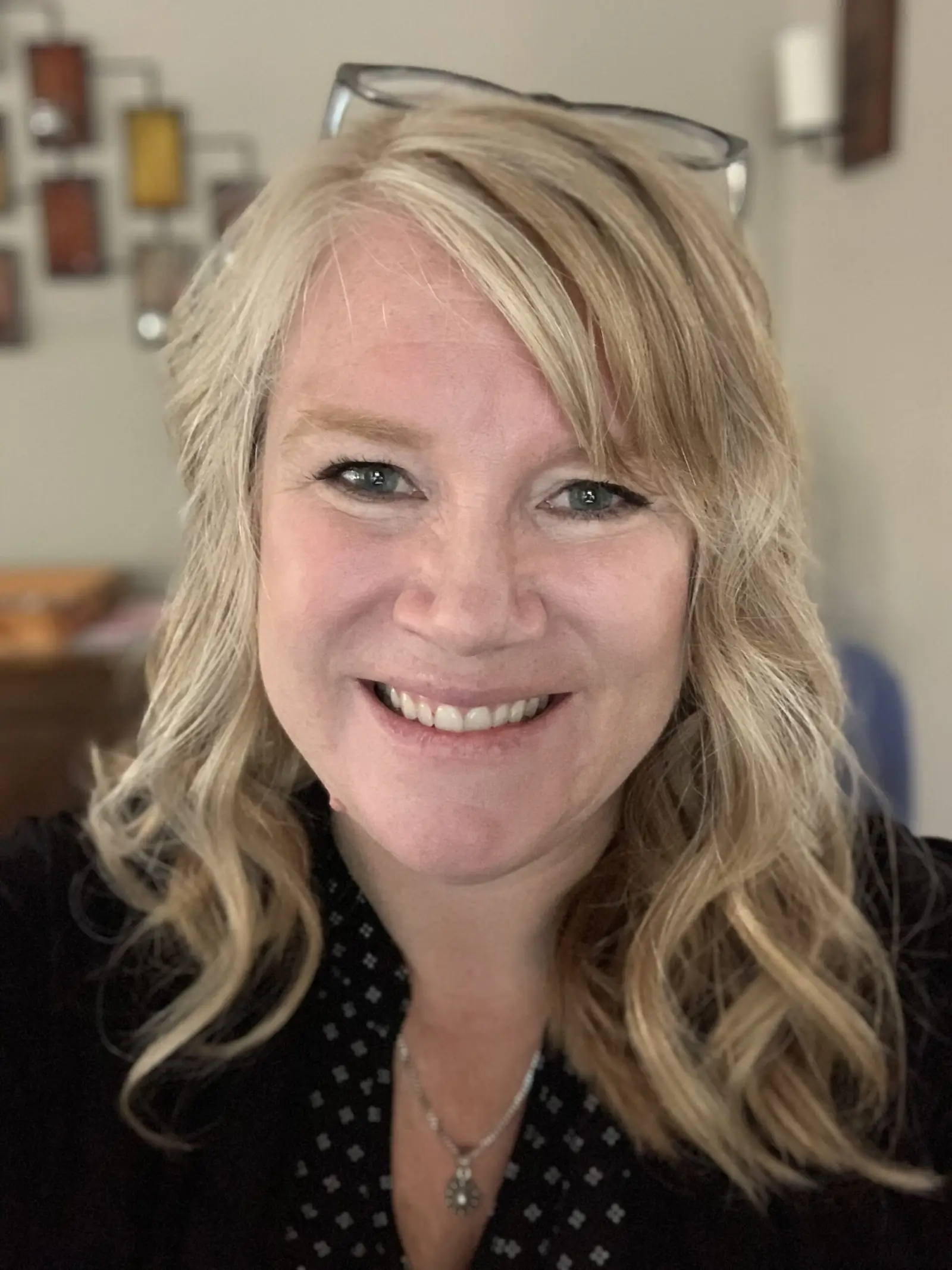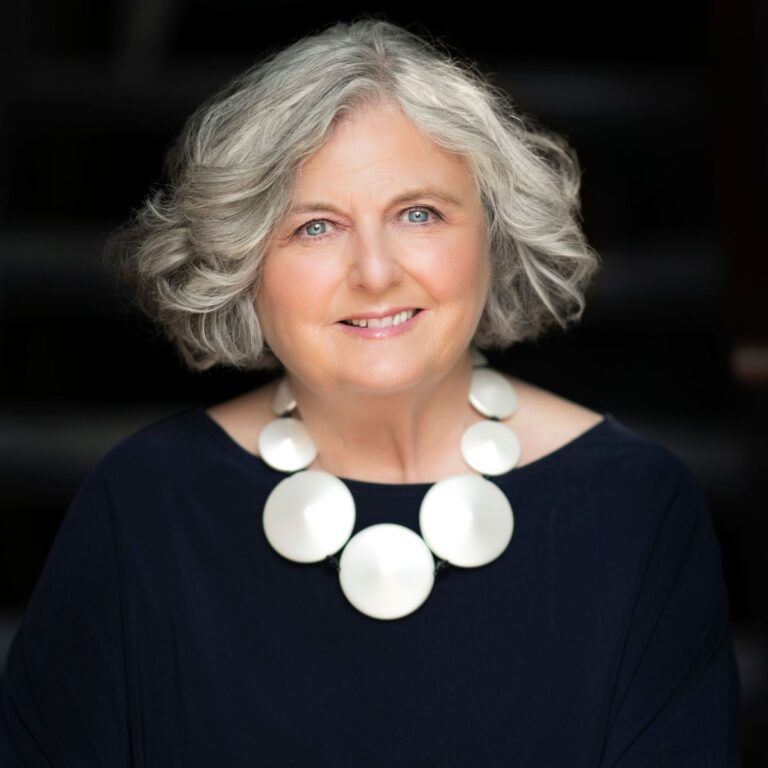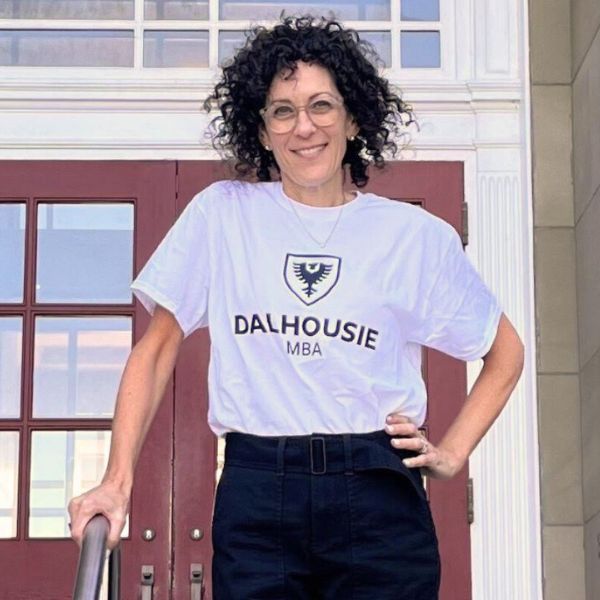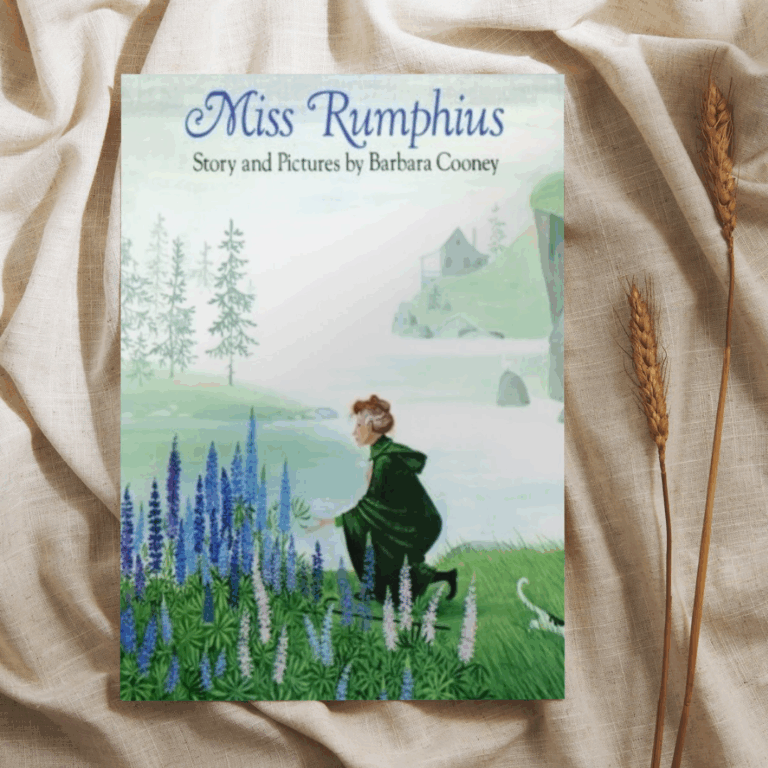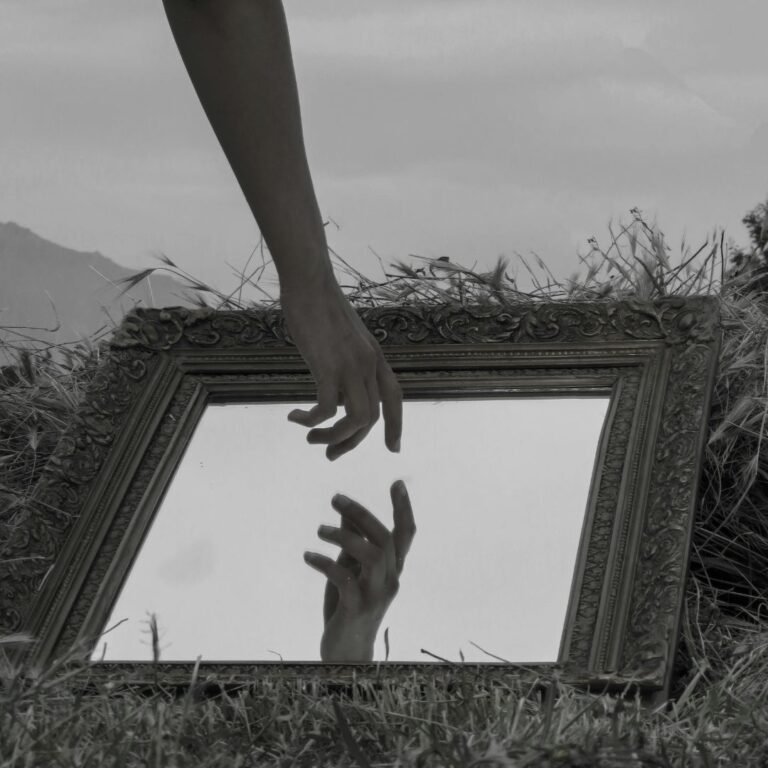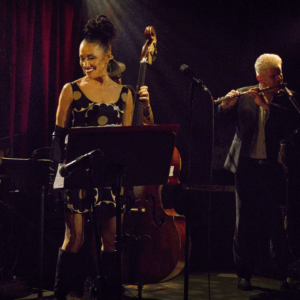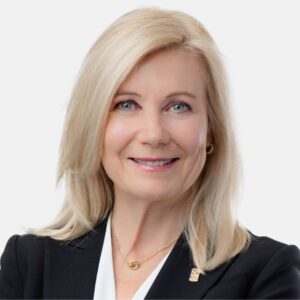The storyteller’s way: loss, failure, and the beautiful path
Career19.12.2023
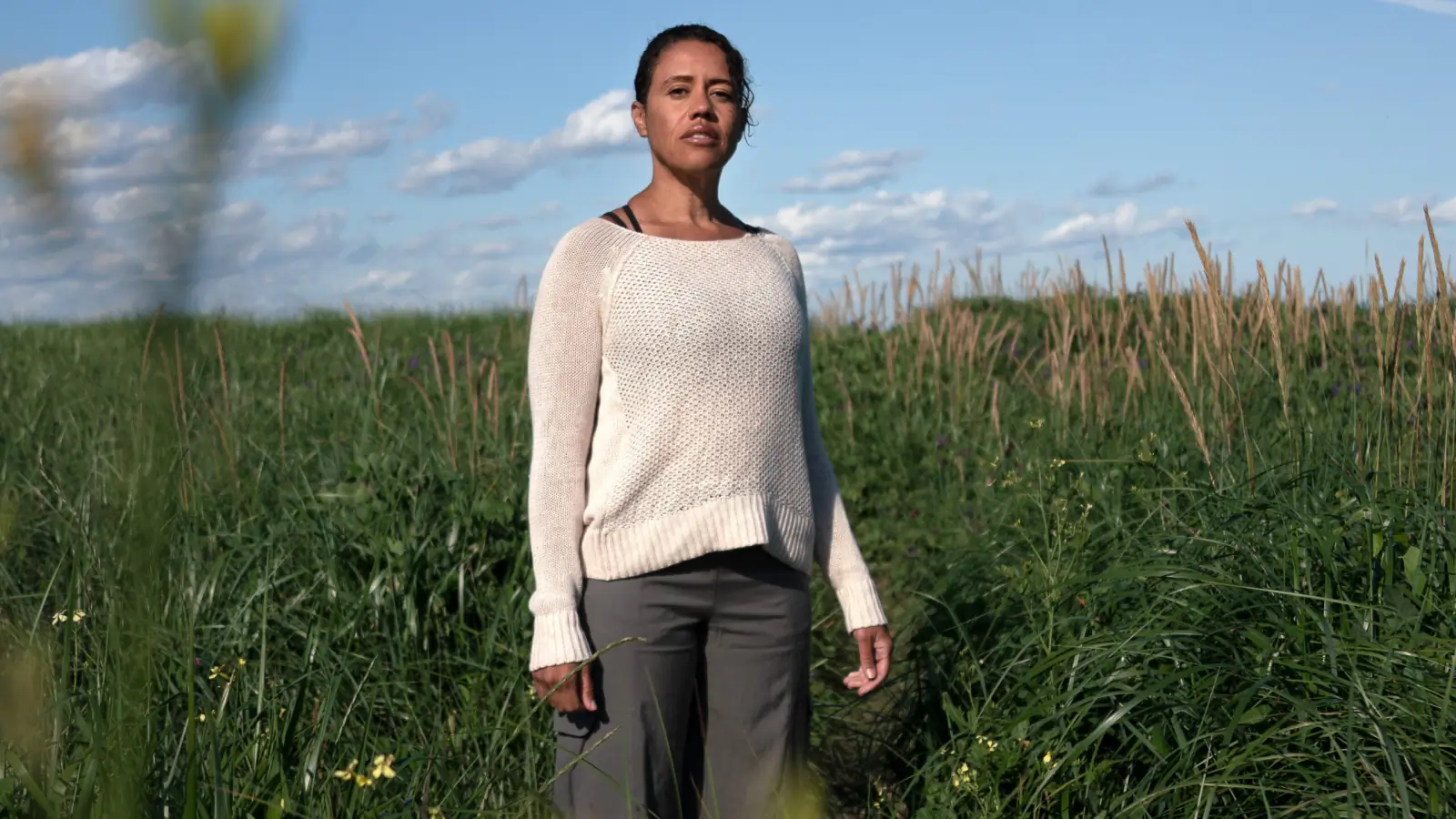
I’ve always known I was a writer. Someone who made sense of the world through stories. The world outside of myself, sure, but even more so the sometimes dark and troubled one within, somehow always made clearer through a lens of fiction and fantasy.
By the time I was 27 I thought I had proof this was my destiny. I’d written first drafts of four novels, five feature films, a children’s book, and so much more, but no one cared. I harassed publishers and agents, tried writing contests, and got nowhere.
At the time I didn’t have the self-awareness to understand I’d both found my calling and yet wasn’t ready for it. I also didn’t understand there was a lot of work, commitment, and struggle between a first draft and a draft you would publish or sell.
It broke my heart, failure, and I put all of my writing away. Files on a laptop, some of which I still haven’t pulled back out to this day. On top of a kind of darkness and despair that had always been alive in me, it all gave me a reason to give up, and to fade away. Rather than hope for a different life, or another chance, I drank, and I chased a singular kind of oblivion that came with it; one that numbed my disappointment while it hurried me away from the place inside me that could create a whole world or story out of a single bright spark.
I remember that life being both a comfort and suffocatingly dark. I remember that the pull inside me to be more, to want more for myself, was a painful longing that felt like betrayal. I remember knowing that giving myself over to addiction was for me an act of cowardice, but I also didn’t want to be brave.
I no longer knew how to hope for something more, something better, without being able to accept that I wouldn’t have complete control over whether I got it or not. Instead I chose, over and over again, not to hope or dream for a bigger kind of life.
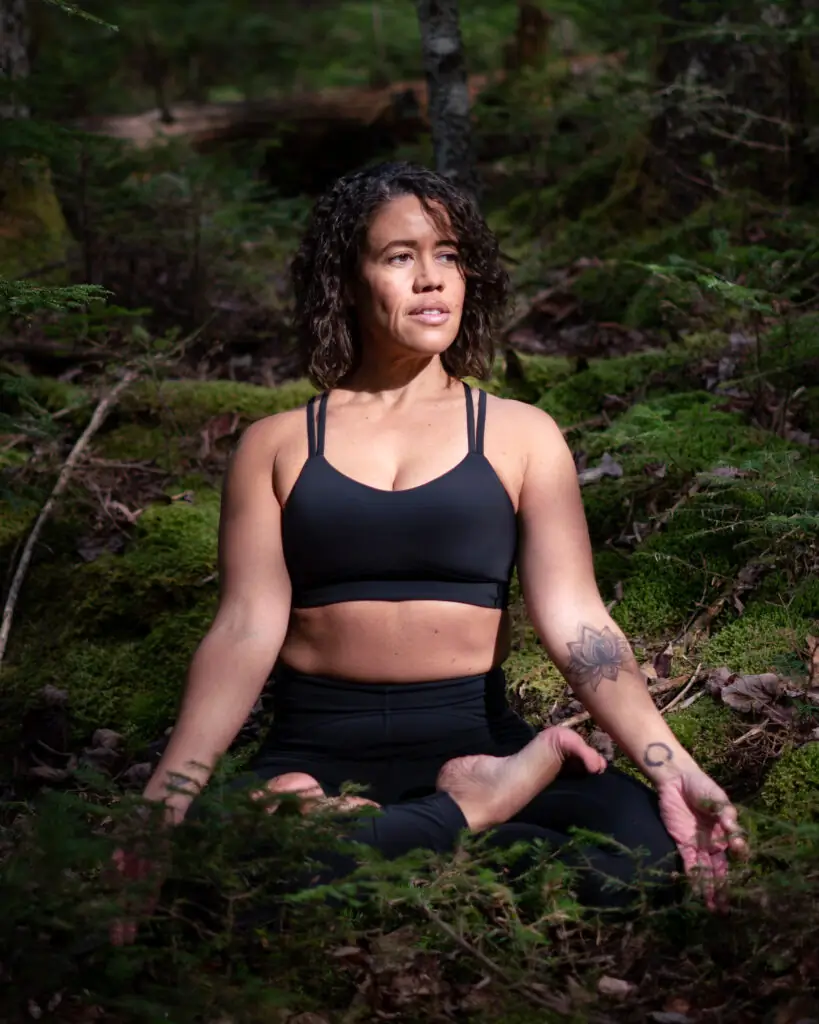
The two great losses of my life — of a parent and of a dream and destiny
And then in my early 30s my world changed, when on a summer day I stood by my father’s bedside while he stepped from this world into whatever world comes next. It had been a short battle with cancer — so shockingly swift I still hadn’t quite acclimated to the fact it was going to end the way it did.
It was three months to the day from his diagnosis to his passing. Three months, which was surprisingly more than long enough to say all the things we both needed to say. Three months to get ready for the fact that the version of “me” that existed in reference to him wouldn’t survive either. Three months that like any other part of my life is blurred into the haze of memory with only bright and sharp moments to remind me it had been real.
Fireworks from a hospital window on a holiday I forgot was happening. Sitting next to him in the ICU while he admitted he was lost, somehow shifting our roles in the saying of it, so that I felt like the parent, and he felt like the child. A force that woke the house before dawn so that we knew the time had come. A kind of labouring I would recall years later as my sister gave birth to her first child. A holiness to the moment. And then he was gone.
I was left both broken-hearted, and shocked he’d actually done it, left us all — this great big force in the world and in my life, now gone. Yet in the wake of that tragedy something else was true: this reminder of what is inevitable, and with it a glimpse at the beautiful fragility of the miracle that is life, and so what can there be to be afraid of?
From that day onward I’ve built a different kind of life. Not quickly, or easily, but I did.
The two great losses of my life, of a parent and of a dream and destiny — so very different, and yet in some ways equally formative — have shaped the life I have now. Both led me to be fearless because what we lose is so rarely decided by us anyway. If any of it can be taken, why not live like none — or even all — of it will.
Both losses me to be fearless because what we lose is so rarely decided by us anyway.
When any of it goes, why not move on like it was always supposed to. Why not know you loved as hard as you could while your father was still here. Why not know you were always meant to write the stories you are now, based on the life that’s led you to this moment. Why not dream all the dreams, and reach for every damn star. Why not learn that beauty is sometimes beautiful because of the ugliness that came before. Why not know I am a storyteller, a writer, simply because I am.
Today, this storyteller speaks publicly about her struggles with addiction, finding her purpose, and carving a path for herself that has her living her dreams. This storyteller leads meaningful yoga classes, holding space for people to find themselves and experience transformation. This storyteller writes novels, two of which have been published (a story for another day), and, yes, still movie scripts. This storyteller knows who she is, and what she’s meant to do in the world, because it’s a bright spark within her forever asking to stay lit. Every aspect of what I share comes from both the dark and the beauty of the story that has been mine. And none of it would be possible without the losses and failures of my life.

